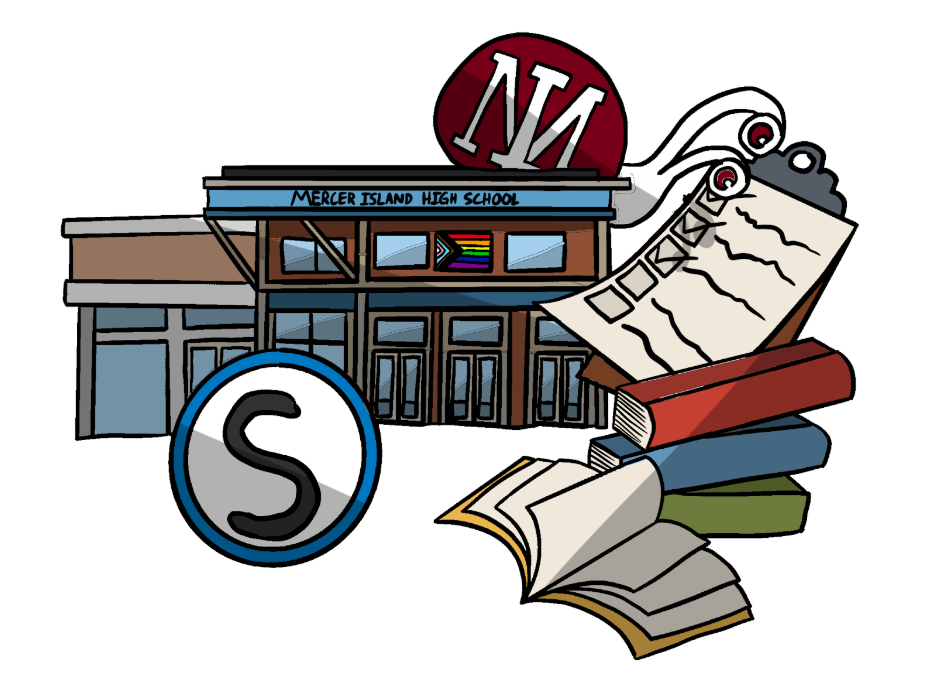Starting high school can feel like stepping into a whole new world. Suddenly, you have more classes, more choices and more freedom — but also more responsibility. And you’re not the oldest in the school anymore. Unlike middle school, the grades you earn now follow you throughout your academic life, and time management becomes just as important as the work itself. While the transition can be difficult at first, here are a few things you can keep in mind to make freshman year more manageable and enjoyable.
Freshman year may be rough at first, but it will definitely even out as the year goes by. You’ll learn how to balance academics with your personal life and discover the tools that make organization easier. You’ll realize that even if you feel lost at times, you’re never alone – there’s plenty of support ready for you. And remember: high school isn’t just about grades. It’s also about growth, opportunities, finding where you belong and enjoying the experience.
- Be aware that high school grades actually have weight. While there are no technical consequences (not counting parents) for failing grades in middle school, the grades you earn affect your grade point average (GPA), something you’ll be submitting in your college application. Adding on to this, the late work policy is much stricter in high school. Turn in an assignment late, and depending on the teacher, you can lose up to 50% of the score. However, by no means is this intended to cause more stress — it is just a reminder to take them more seriously.
- Use some sort of digital calendar, like Google Calendar, to manage your activities. It’s terrifying to be caught in a situation where two important events conflict. Another great tool to get work done is a digital to-do list, like Google Tasks. Did you know that there’s an extension you can install on your computer that allows you to check assignments off on Schoology? It is called the Homework Checker for Schoology and is available in the Chrome Web Store. Once done, a task gets crossed out with a satisfying green mark.
- Strangely, it’s more time-consuming to miss school than to attend school itself because of the work you have to make up. Keep in mind that you have six or seven periods in the day – the amount of work can stack up quickly, especially in fast-paced classes. When you know that you will miss some days, notify your teachers early and do whatever you can to catch up. To help, teachers often have daily updates and weekly schedules posted, so you can see what the class covered.
- Make sure to calculate what credits you need early. A one-semester-long course is worth 0.5 credits, while a year-long course is worth one credit. To graduate, you need credits of four English, three math, three science, three social studies, one Career and Technical Education, two Health and Fitness, two arts, two world language and four elective credits. Playing a sport for one season counts as 0.5 of a fitness credit, though you still need to take one health and PE course. You can check what credits courses give by checking out the MIHS digital course catalog.
- Finally, don’t forget the social side of high school. It’s totally normal to feel lonely sometimes: the classmates and friends you have in middle school often get separated in high school classes. Luckily, MIHS has a wide variety of clubs, sports and activities: simply search up “MIHS clubs.” It’s easier to talk to others when you share the same interests! Though it may seem intimidating, high school is a great opportunity to make new friends and to break free of your comfort zone.









